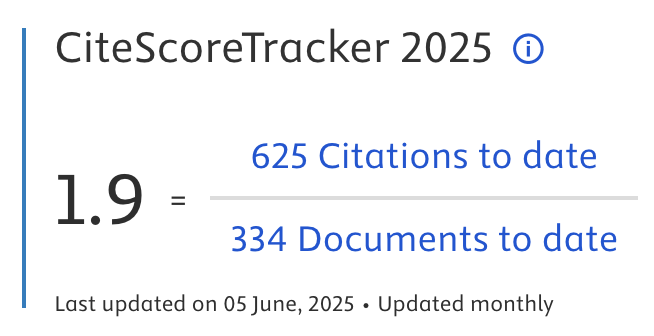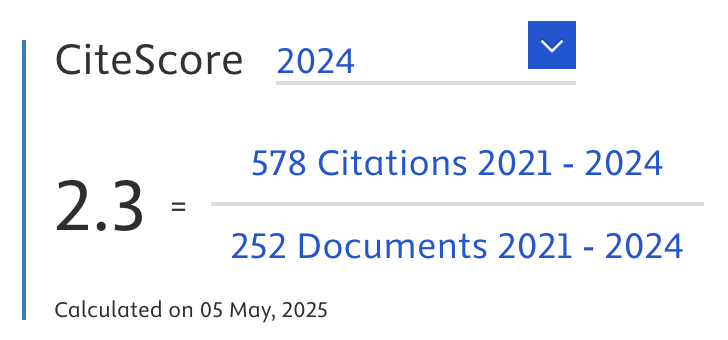The Intelligent kWh Export-Import Utilizing Classification Models for Efficiency in Hybrid PLTS
Abstract
Electricity demand is integral to the stability of the community's economic condition, where currently electricity is predominantly sourced from fossil fuels, posing limitations. One effort to maintain this stability is through the utilization of renewable energy, particularly solar energy. The abundance of solar energy in Indonesia presents an opportunity to maximize its potential. This study develops an intelligent kWh export-import system based on the Internet of Things (IoT) and integrated with machine learning. Users can access real-time conditions via mobile based on three parameters: "current," "power," and "voltage." Machine learning is employed to classify conditions as "efficient" or "less efficient" by analyzing and comparing five different models: AdaBoost Classifier, DecisionTree Classifier, support vector machine (SVM), naïve Bayes classifier, and extra tree classifier. Model evaluation using accuracy percentage and F1-score indicates that the AdaBoost classifier exhibits high accuracy and F1-score values of 94.5% and 0.937, respectively.
Article Metrics
Abstract: 88 Viewers PDF: 74 ViewersKeywords
Full Text:
PDFRefbacks
- There are currently no refbacks.

Journal of Applied Data Sciences
| ISSN | : | 2723-6471 (Online) |
| Organized by | : | Computer Science and Systems Information Technology, King Abdulaziz University, Kingdom of Saudi Arabia. |
| Website | : | http://bright-journal.org/JADS |
| : | taqwa@amikompurwokerto.ac.id (principal contact) | |
| support@bright-journal.org (technical issues) |
 This work is licensed under a Creative Commons Attribution-ShareAlike 4.0
This work is licensed under a Creative Commons Attribution-ShareAlike 4.0




